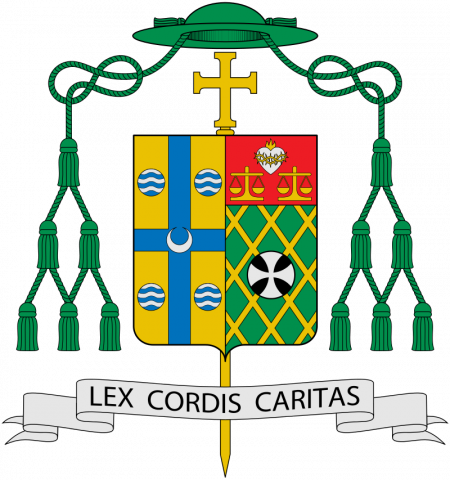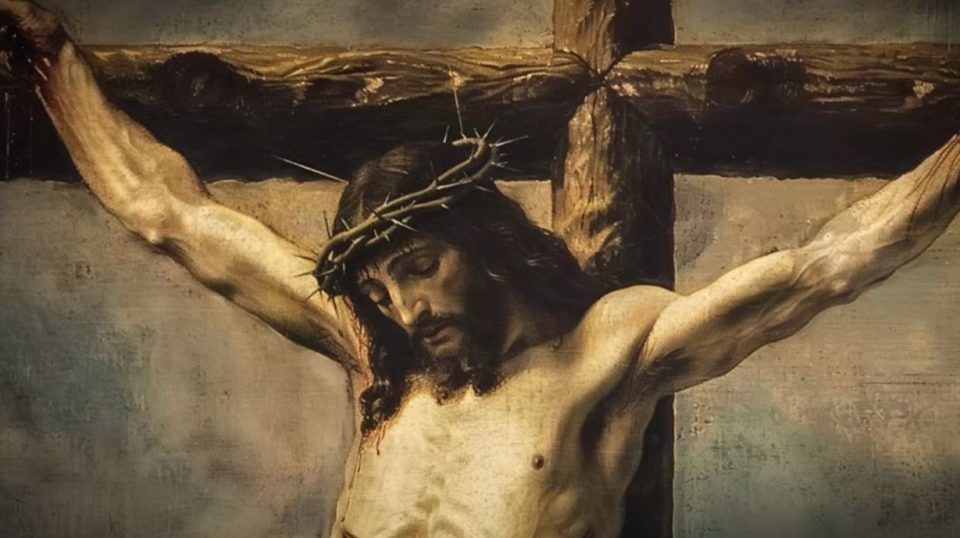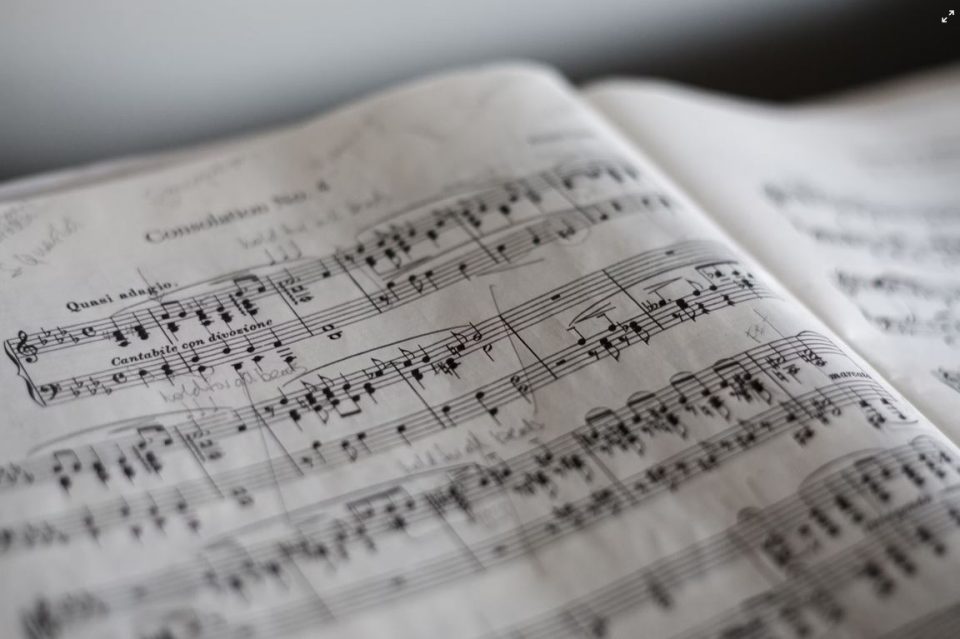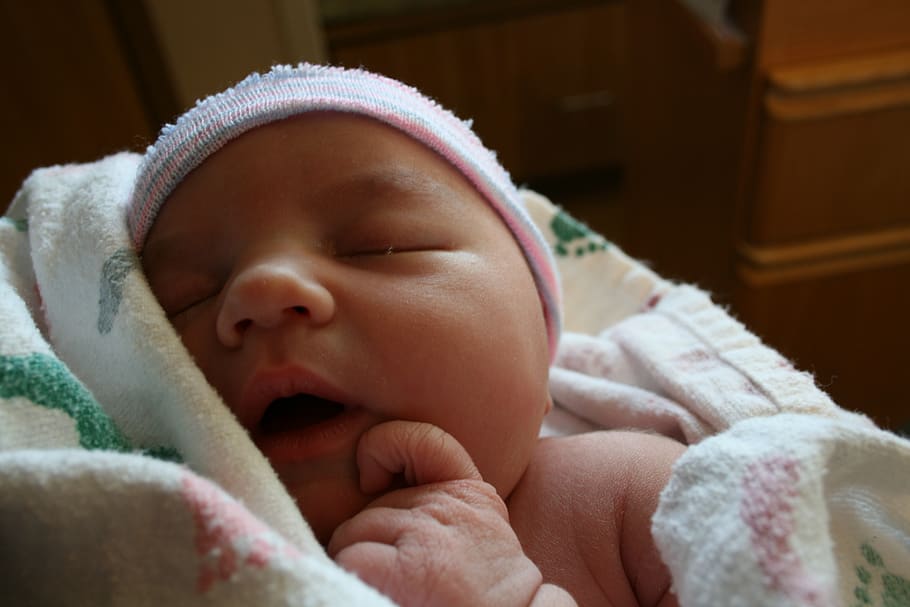Bishop Paprocki’s Norms on ‘Same-Sex Marriage’

Are Americans from Mars?
July 17, 2017A Single Phrase Helped Save This Marriage
July 17, 2017
Edward Peters, JD, JCD, Ref. Sig. Ap., June 23, 2017
A few days ago, doubtless in response to pastoral questions he had been receiving from ministers in his local Church, Springfield IL Bp Thomas Paprocki issued diocesan norms regarding ministry toward persons who had entered a ‘same-sex marriage’. These norms, hardly remarkable for what they say, are nevertheless noteworthy for being necessary and for Paprocki’s willingness to state them clearly while knowing what kind of vilification he would suffer in their wake.
Predictably New Way’s Ministry attacked Paprocki’s norms using equally predictable language and arguments and by hosting a combox replete with personal attacks on the bishop. All of this is sad, but none of it is newsworthy. Worth underscoring, though, is the glibness with which Robert Shine, an editor at New Ways, attempts to school Paprocki, of all people, on canon law, of all things. A little background.
Paprocki has, besides the master’s degree in theology that Shine claims, a further licentiate degree in theology and, even more, a licentiate and doctorate in canon law from the Pontifical Gregorian University in Rome. While I can’t quite say that Paprocki “wrote the book” on the defense of rights in the Church, he certainly wrote a book on it, his 580 page doctoral dissertation, Vindication and Defense of the Rights of the Christian Faithful through Administrative Recourse in the Local Church (1993), which tome I can spy from my desk right now. And before his canon law studies, Paprocki had already earned a civil law degree from DePaul University and had centered his legal practice around services to the poor.
And now Shine (sporting zero legal credentials) is going to tell Paprockihow canon law should be understood? Okay …
According to Shine, among the “other things wrong with Paprocki’s new guidelines” is their use of Canon 1184 which, as Shine correctly notes, restricts ecclesiastical funeral rites for, among others, “manifest sinners” whose funerals would provoke scandal. But then Shine attempts to explain what Canon 1184 means by the phrase “manifest sinners”.
Per Shine, “It is discrimination to target LGBT people when, in a certain sense, all Catholics could be deemed ‘manifest sinners.’” Channeling Fr. James Martin’s outrageous claim that “Pretty much everyone’s lifestyle is sinful”, Shine apparently thinks that, because it is manifest that everyone sins, everyone’s sins must be “manifest”. But Paprocki, having actually studied canon law, knows what canon law means by the phrase “manifest sinners”.
Paprocki knows, for example, that the CLSA New Commentary (2001) discussing Canon 1184 at p. 1412, understands one in “manifest sin” as one “publicly known to be living in a state of grave sin”. That’s a far cry from Shine’s rhetorical jab, delivered as if it were the coup de grace to Paprocki’s position, “Who among us, including Bishop Paprocki, does not publicly sin at different moments?” Hardly anyone, I would venture, and so would Paprocki. But the law is not directed at those who, from time to time, commit sin, even a public sin; it is concerned about those who make an objectively sinful state their way of life. Fumble that distinction, as Shine does, and one’s chances of correctly reading Canon 1184 drop to, well, zero.
Yet Shine goes on, thinking that offering some examples of supposedly-sinning Catholics who yet are not refused funeral rites should shame Paprocki into changing his policy, citing, among other debatables, “Catholics who … deny climate change.” Yes. Shine actually said that. And this sort of silliness is supposed to give a prelate like Paprocki pause?
There are several other problems with Shine’s sorry attempts to explain the canon law of ecclesiastical funerals, but I want to end these remarks by highlighting a much more important point: Paprocki’s decree is not aimed at a category of persons (homosexuals, lesbians, LGBT, etc., words that do not even appear in his document) but rather, it is concerned with an act, a public act, an act that creates a civilly-recognized status, namely, the act of entering into a ‘same-sex marriage’. That public act most certainly has public consequences, some civil and some canonical.
Bp Paprocki, by long training and awesome office, understands what the consequences of ‘same-sex marriage’ are and are not and he is much more likely to be thinking clearly about them than is Mr Shine.
Update, 28 June: An interview with Bp. Paprocki in the wake of his norms.
___________
Edward Peters, JD, JCD, Ref. Sig. Ap.
Dr. Peters has held the Edmund Cdl. Szoka Chair at Sacred Heart Major Seminary in Detroit since 2005. He earned a J. D. from the Univ. of Missouri at Columbia (1982) and a J. C. D. from the Catholic Univ. of America (1991). In 2010, he was appointed a Referendary of the Apostolic Signatura by Pope Benedict XVI. For more infomation on Dr. Peters, see CanonLaw.Info.




